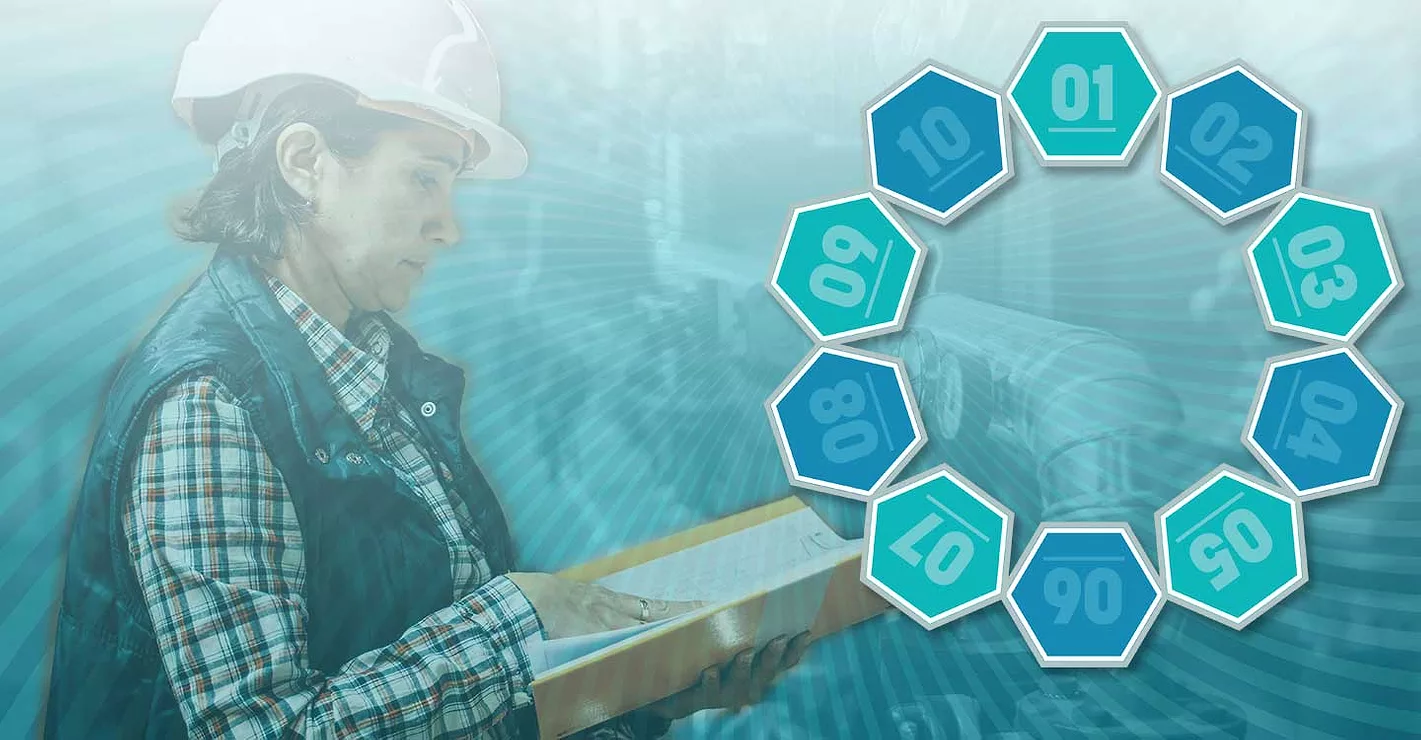Hard Water, Limescale Build-up Consume 26% More Energy
Hard water creates limescale build-up on water pipes and heating coils, which restricts water flow and
reduces heat-transferring capability in appliances.

According to Hardwater.Org, more than 80 percent of U.S. homes have hard water. Hard water creates limescale build-up (mineral deposits on water pipes and heating coils), which restricts water flow and reduces heat-transferring capability in appliances. The U.S. Department of Energy published data Jan. 2, 2009, that says EPA Energy Star-rated water heaters can save Americans up to $823 million. However, Limescale build-up could cost Energy Star water heaters nearly $206 million of that savings.
In a study by the Water Quality Association (2004), water heaters using untreated hard water also consumed almost 26 percent more energy. The American Society of Plumbing Engineers reported that as little as 1/16 inch of scale build-up can increase energy consumption by 11 percent.
In addition, studies from New Mexico State University report that by reducing and preventing mineral (scale) build-up on pipes and appliances, households could experience up to a 30 percent savings in energy costs and longer life (25-40 percent) for their appliances.
One company, HydroCare, offers products that reduce energy costs by preventing mineral buildup and dissolving existing buildup of limescale by transmitting an electrical signal through the water. When the water is heated, this signal suspends minerals, preventing them from depositing on the inside of pipes and heating elements in appliances.
HydroCare, a technology developed in Europe that uses a patented radio wave technology to prevent and break-down mineral build-up in pipes and appliances, proves to be a viable option. According to studies by British Gas, The PazGas Group and the Society of Petroleum Engineers, the radio wave technology is an effective solution. It uses radio wave technology to prevent mineral build up, so no chemicals, salt or magnets are used with the HydroCare system.
The radio signal propagates throughout the entire plumbing system, requiring no maintenance and uses less than 2 watts of electricity. More than 600,000 locations worldwide use the technology including hotels, hospitals and homes. The technology is distributed exclusively in the USA by H Q Hometek Inc.,Oceanside, N.Y. The HydroCare unit is about the size of a cell phone and can be installed quickly and easily, making it a viable option for widespread use.
Source: HydroCare USA

According to Hardwater.Org, more than 80 percent of U.S. homes have hard water. Hard water creates limescale build-up (mineral deposits on water pipes and heating coils), which restricts water flow and reduces heat-transferring capability in appliances. The U.S. Department of Energy published data Jan. 2, 2009, that says EPA Energy Star-rated water heaters can save Americans up to $823 million. However, Limescale build-up could cost Energy Star water heaters nearly $206 million of that savings.
In a study by the Water Quality Association (2004), water heaters using untreated hard water also consumed almost 26 percent more energy. The American Society of Plumbing Engineers reported that as little as 1/16 inch of scale build-up can increase energy consumption by 11 percent.
In addition, studies from New Mexico State University report that by reducing and preventing mineral (scale) build-up on pipes and appliances, households could experience up to a 30 percent savings in energy costs and longer life (25-40 percent) for their appliances.
Eco-Friendly, Cost-Effective Solution To Hard Water
However, leaching chemicals into soils has some municipalities taking a second-look at traditional sodium-based softening systems. These chemical softening systems could be on the verge of being banned, especially in conservation-focused states such as Oregon and California.One company, HydroCare, offers products that reduce energy costs by preventing mineral buildup and dissolving existing buildup of limescale by transmitting an electrical signal through the water. When the water is heated, this signal suspends minerals, preventing them from depositing on the inside of pipes and heating elements in appliances.
HydroCare, a technology developed in Europe that uses a patented radio wave technology to prevent and break-down mineral build-up in pipes and appliances, proves to be a viable option. According to studies by British Gas, The PazGas Group and the Society of Petroleum Engineers, the radio wave technology is an effective solution. It uses radio wave technology to prevent mineral build up, so no chemicals, salt or magnets are used with the HydroCare system.
The radio signal propagates throughout the entire plumbing system, requiring no maintenance and uses less than 2 watts of electricity. More than 600,000 locations worldwide use the technology including hotels, hospitals and homes. The technology is distributed exclusively in the USA by H Q Hometek Inc.,Oceanside, N.Y. The HydroCare unit is about the size of a cell phone and can be installed quickly and easily, making it a viable option for widespread use.
Source: HydroCare USA
Looking for a reprint of this article?
From high-res PDFs to custom plaques, order your copy today!







